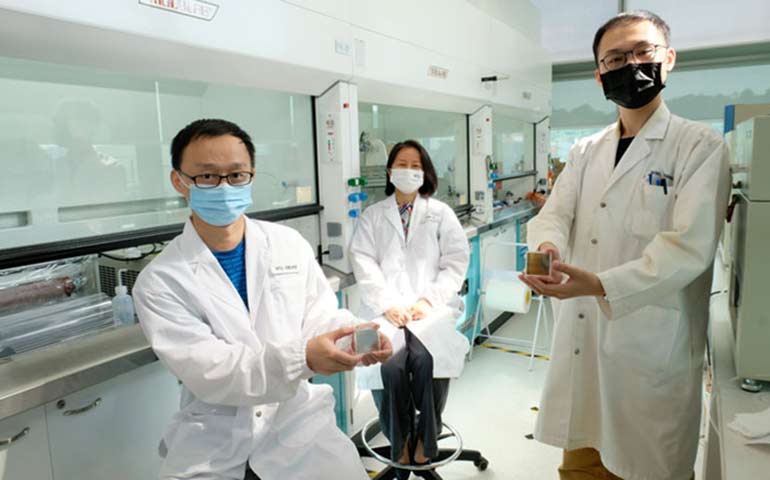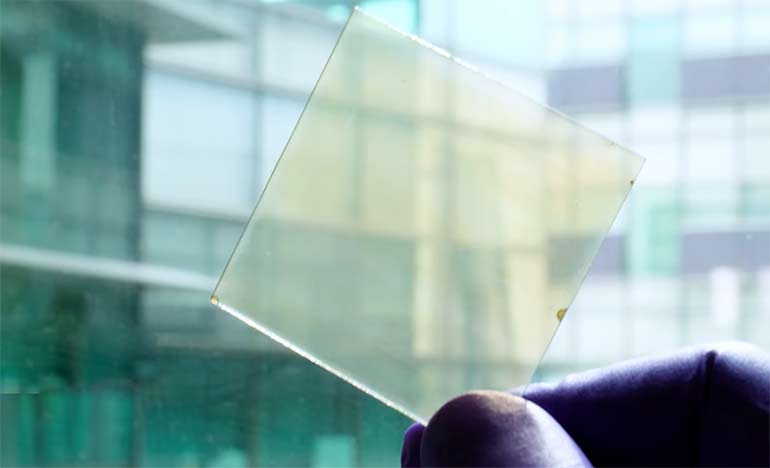Thermal glass could improve HVAC energy efficiency
- PostedPublished 6 April 2023
Scientists have developed a window coating to regulate heating and cooling, which could one day improve energy efficiency in vehicle HVAC systems.

A global team of scientists from Nanyang Technological University in Singapore claim that the coating is self adaptive, and that this would reduce energy use by cooling in the summer and heating in the winter.
This is achieved by the low emissivity thermoplastic PMMA coating that allows real-time reaction to entering solar transmission. Laboratory tests shows the vanadium dioxide nanoparticle composite can control the amount of passed heat.
Cooling in summer is achieved by decreasing infrared light and, in winter, heating is by increasing long wave infrared.
“Our team has demonstrated for the first time a glass that can respond favourably to both wavelengths, meaning that it can continuously self-tune to react to a changing temperature across all seasons.”

This patent pending, weather dynamic coating is different to other smart glass available commercially, such as electronically tintable glass which does not have the ability to cool. It also differs from low emissivity glass which prevents heat escaping.
“Most energy-saving windows today tackle the part of solar heat gain caused by visible and near infrared sunlight,” said Dr Long Yi of the NTU School of Materials Science and Engineering (MSE) and principal investigator of the study.
“However, researchers often overlook the radiative cooling in the long wavelength infrared. While innovations focusing on radiative cooling have been used on walls and roofs, this function becomes undesirable during winter.”

Testing using climate data from seven populated worldwide regions showed a 9.5 per cent energy saving over low emissivity glass in warm and cool seasons on a medium-sized building.
This coating is customisable too, it can be adjusted to suit intended climatic conditions.
Ongoing research in collaboration with scientists from China’s Nanjing Tech University aim to improve the nano-composite coating further.
- CategoriesIn SightGlass
- TagsSightGlass News Issue 28

